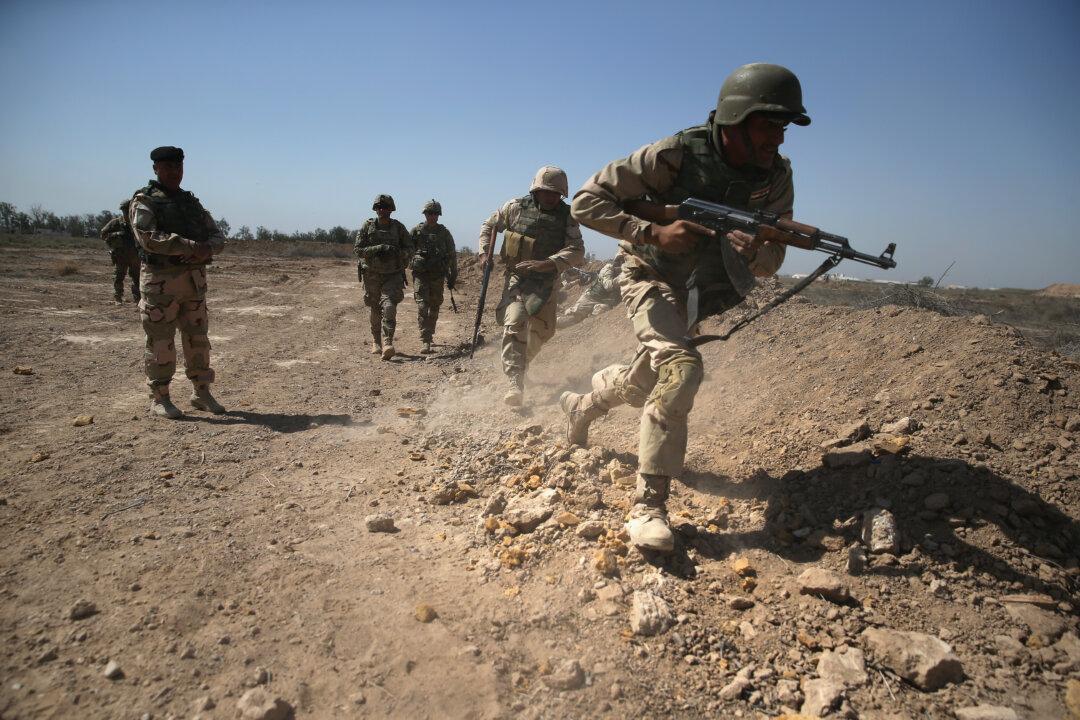In a major policy shift, the Obama administration is now open to having American troops take part in direct combat missions against the ISIS, which could lead to the deaths of more soldiers in Iraq and Syria and could also pose political risks for the White House.
In testimony Tuesday in front of the Senate Armed Services Committee, Defense Secretary Ash Carter laid out changes to regain momentum against the terrorist group.
Since the summer of 2014, U.S.-led airstrikes on ISIS haven’t had the impact American military officials hoped they would. According to the Institute for the Study of War, ISIS has lost territory in some areas, including along the Syria–Turkey border but gained in others, including in and around Palmyra.
Carter wants to "gather battlefield momentum" against ISIS by shifting the strategy.





